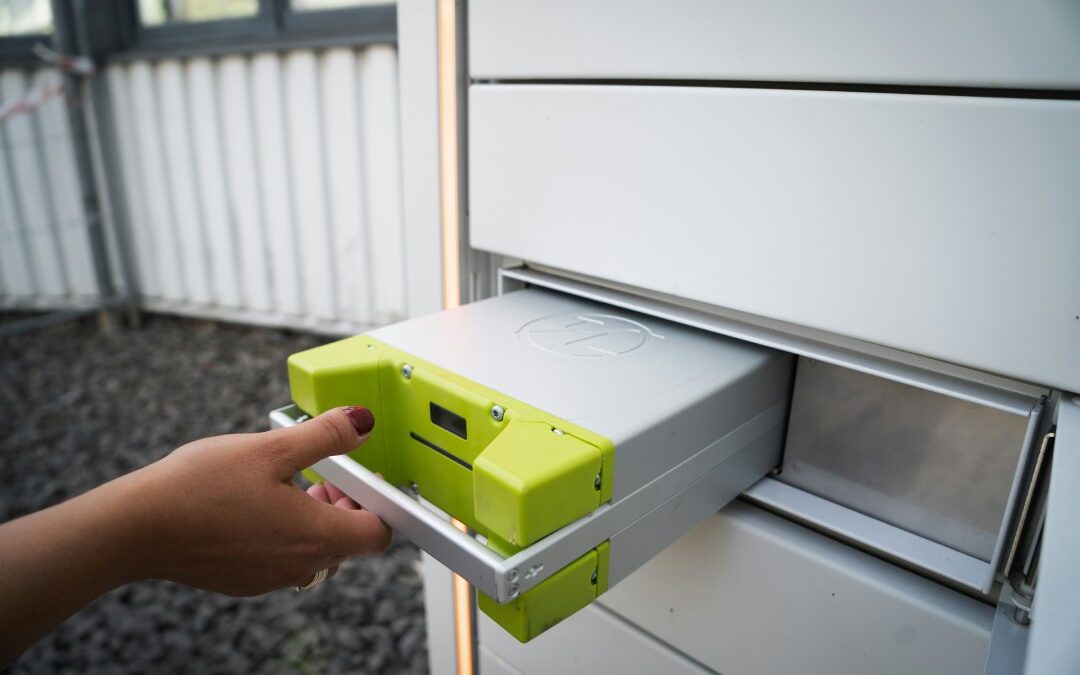The Price War on Batteries to Reduce the Cost of EVs
China’s CATL, the world’s largest manufacturer of batteries for electric cars, plans to halve its battery costs this year, igniting a price war with Chinese Car maker BYD’s subsidiary FinDreams.
The battle over battery prices is expected to reduce the price of electric vehicles (EVs) soon, according to Industry experts. China’s CATL, the world’s largest manufacturer of batteries for electric cars, plans to halve its battery costs this year, igniting a price war with Chinese Car maker BYD’s subsidiary FinDreams. This price war is likely to reduce the cost of EVs as the primary expense of an EV lies in its battery, which makes it pricier than petrol/diesel vehicles.
CATL has boldly announced its intention to slash battery costs by up to 50% within the current year. This ambitious move has triggered a competitive response from BYD subsidiary FinDreams, setting the stage for a showdown in the EV battery market. In Feb 2023, the average cost of battery per kWh was 110 Euros while in Feb 2024, it was reduced to 51 Euros per kWh.
This bold decision was on the backdrop of the demand mismatch in the EV market. Despite a surge in 2022, the demand for EVs has softened in 2023, prompting CATL’s first profit drop in nearly two years. To revive demand, both CATL and BYD are committed to slashing costs, marking significant progress in battery technology. CATL and BYD now make EV batteries without any cobalt, which is an expensive, rare metal linked to unethical practices such as child labour and dangerous mining practices in the Democratic Republic of the Congo.
The scale and the accessibility of lithium supplies also contribute to cost reduction efforts. China’s dominance in lithium iron phosphate (LFP) batteries, which avoid cobalt use, reflects this trend. Meanwhile, lithium prices have fluctuated, yet battery prices continue to decline, albeit at a slower pace.
Innovations Beyond China
Beyond China’s LFP dominance, innovations are happening on multiple fronts. For years, Tesla electric vehicles relied on batteries supplied by Japan’s Panasonic and South Korea’s LG, utilizing the tried-and-tested Nickel Manganese Cobalt (NMC) and lithium nickel cobalt aluminate oxide (NCA) batteries. In a strategic shift, the American automaker has started incorporating CATL’s LFP batteries into its budget-friendly vehicle models.
Toyota, the world’s largest automaker, has historically been sceptical about lithium-ion batteries and was focussing on hybrid and hydrogen fuel cell vehicles. But Toyota is now placing significant emphasis on advancing solid-state batteries. These batteries eliminate liquid electrolytes and use a solid-state design. In September last year, the company announced a breakthrough, claiming faster recharging and a remarkable range of 1,200 kilometres for its sild-state batteries. If these claims are true, such batteries would effectively double the range of today’s top-tier electric vehicles. Now the Chinese battery manufacturers and the government are trying to close the gap with Toyota in solid-state battery technology.
It’s premature to determine which battery chemistry will emerge as the dominant choice for electric vehicles. Considering the diverse energy requirements of vehicles ranging from heavy-duty trucks to compact city EVs, it’s evident that different battery chemistries will be necessary. The advent of electric aircraft requires batteries with substantial power density to enable their operation.
Interestingly in 2023, CATL introduced a groundbreaking “condensed matter” battery for electric aircraft, which claims to have up to three times the energy density of a typical electric car battery.
Researchers are continually pushing the boundaries. While a high-quality electric vehicle may currently feature a battery with an energy density ranging from 150 to 250 watt-hours per kilogram, the good news is that the laboratories have achieved records exceeding 700 watt-hours/kg.
Along with this, ongoing research is exploring alternative battery chemistries, including sodium-ion, iron-air, and liquid metal batteries which shows the role of batteries will continue to evolve.



